For your information
You are being redirected to one of our divisional subsites which contains more detailed information on the required division. To navigate back to the main Invicta Group site, please click the link found in the footer at the bottom of the page.
- Durasteel
Discover the benefits of Durasteel
- Systems
Systems
- Expertise
Expertise
-
Applications
- Aircraft Hangar Fire Protection
- Battery Storage Facilities
- Building Fire Compartmentation
- Anti-Terrorist Blast Protection
- Cable Tunnel Fire Compartmentation
- Equipment Delivery Hatches
- Equipment Enclosures
- Heat Shields
- Power Station Fire Protection
- Metro and Rail Fire Protection
- High Voltage Cable Protection
- Substation Fire & Blast Protection
- Tunnel Fire Protection
- Oil & Gas Fire & Blast Protection
- Ventilation Systems
- Wind Farm Fire Protection
-
Applications
- Projects
- Insights
Insights
-
Articles
- The benefits of passive fire protection for businesses
- What BS 9991 changes mean for building fire safety
- Does the rise in electric vehicle fires pose a risk to buildings?
- What Boeing’s downfall says about safety culture
- Does AI pose a threat to fire safety?
- What we can learn from the Grenfell report
- Frequently Asked Questions
- A to Z of Terms
-
Articles
- Contact
Contact

UK +44 1843 220 256

US +1 305 328 9444

UAE +971 4 277 6225

Qatar +974 4441 4340

India +91 79945 14049

Malaysia +60 16 286 6225
- Start your project
Petrochemical explosion accelerates South Korea's safety efforts
30th June 2022
Safety in the spotlight
Quick Quote
Contact Fraser Shearer Sarun Vysakham Ben Tan Anand Raghavan Anand Raghavan Our USA Office
To get a quotation or arrange a free site survey - Call Fraser Shearer Sarun Vysakham Ben Tan Anand Raghavan Anand Raghavan Our USA Office on
-
 UK
UK
-
 UAE
UAE
-
 Malaysia
Malaysia
-
 India
India
-
 Qatar
Qatar
-
 USA
USA
Current location:
Quick Quote
Contact Fraser Shearer Sarun Vysakham Ben Tan Anand Raghavan Anand Raghavan Our USA Office
-
 UK
UK
-
 UAE
UAE
-
 Malaysia
Malaysia
-
 India
India
-
 Qatar
Qatar
-
 USA
USA
Current location:
While hazards are to be expected in certain industries, accidents – and fatalities – should never be normalised. A reported explosion at a petrochemical plant in Korea then is cause for concern, and sincere introspection within the industry. More than this, however, it seems to have prompted some panic, due to the repercussions of a recent law on worker safety.
A rule on South Korean business’ safety responsibilities may have come too late for this particular company, and this latest incident highlights that changes still need to be made. But the immediate reaction to it reflects a climate of positive action towards workplace safety – and a recognition of the urgent need to protect against blasts and fires.
An industrial disaster
The explosion occurred at the Yeochun NCC plant in the city of Yeosu, South Korea, a major port city and industrial hub at the southern tip of the country. The plant forms part of the Yeochun Industrial Complex, South Korea’s largest petrochemical complex in terms of ethylene production, covering almost half of the national production capacity.
Preliminary reports suggest that the explosion was actually caused by routine maintenance. A leak test which was performed as part of regular cleaning somehow led to the ignition of the naphtha handled by the plant. Converted into a variety of manufacturing materials, naphtha is a highly flammable liquid hydrocarbon mixture, meaning that it burns extremely quickly and at extremely high temperatures.
Four people appear to have been killed in the explosion, with a further four injuries. Production was halted at the behest of the authorities in order to investigate, prevent further accidents, and ensure compliance with new laws. While the combined production of the firm’s three facilities only accounts for less than 2% of the global supply, there was likely to be a significant impact on the local industry and Korean industries – both as a direct and indirect result of the accident.
Workplace safety in Korea
While the cause of the accident is still under investigation, the reaction from all parties has been swift and dramatic. The offices of the company involved were quickly raided in a bid to discover whether safety regulations had been violated. Competitors and others in the petrochemicals industry were also quick to highlight the fact that they are already undertaking massive safety reforms, and new schemes designed to avoid similar issues.
What’s most notable, however, is that these schemes were underway before the accident. Indeed, the corporation which owns 50% of the company involved in the accident had launched an Environmental Health and Safety Management Committee just two days prior. All of this was in reaction to a new law, The Serious Disasters Punishment Act, which signalled a major change in South Korea’s workplace safety legislation.
Under the new law, the owners and CEOs of companies where serious disasters occur are liable for severe punishments. Successful convictions can see prison sentences of at least one year, or fines of up to 1 billion won ($833,600). The law was a reaction to a disproportionate number of workplace accidents in South Korea, with this latest accident being the second accidental explosion at the same company since 2018.
The law had been extremely contentious among many businesses in South Korea, particularly in the manufacturing sector. The severe penalties and relative ambiguity of the law were seen as a body blow to small businesses, for whom the cost of complying with (and demonstrating compliance with) the law could be crippling. For larger businesses, however, many would point to the workplace fatality rate in the country, which remains among the highest in the developed world.
A changing culture
The new law can be seen as a course correction from a country which has lagged behind a little in protections for workers. It also reflects an increasing willingness to hold businesses and business leaders accountable, and to challenge traditional hierarchies. While the influence of chaebols – large conglomerates such as the Samsung Group – remains high, recent laws protecting whistleblowers and high profile court cases have sought to protect against corruption and negligence.
South Korea’s rapid growth since the turn of the century had arguably outpaced its ability to manage safety across injuries. That kind of growth may also have disincentivised it, as the need for rapid construction, the deregulation of industries and welcoming of investments can lead to compromises and oversights, whether deliberate or accidental. What we’re seeing now is a fully developed and mature economy filling in loopholes, and bringing its approach to safety in line with its importance and economic clout.
What the explosion also shows however is the need for vigilance in the petrochemical and manufacturing industries, and the room that remains for improving safety standards. The law creates an additional economic imperative for things like passive fire and blast protection, but there has always been an economic imperative. Protecting employees and property saves money from losses and lawsuits, but it also establishes a reputation for safety that makes staff happier and more productive, and entices people to work for you.
–
The negative fallout of this incident is likely to last for some time, both in the immediate consequences and long term confidence of clients and investors. The immediate impact has been on other firms in the industry, who appear to be accelerating existing plans to ensure compliance with the law. The punitive nature of the regulations had already encouraged businesses to act, and this explosion has highlighted the dangers of complacency, with that company’s safety improvements only commencing just before the accident.
The lesson for everyone else is clear: even in a country with a thriving economy, highly developed industrial sector, largely new build plants, and strict safety laws, accidents can still occur. It may yet be deemed that nothing could have been done to prevent the accident, although this is rare. But the deaths involved speak to a lack of passive blast protection which would undoubtedly have saved lives – something that businesses across the risky petrochemicals sector need to guarantee.
Accreditations & Affiliations
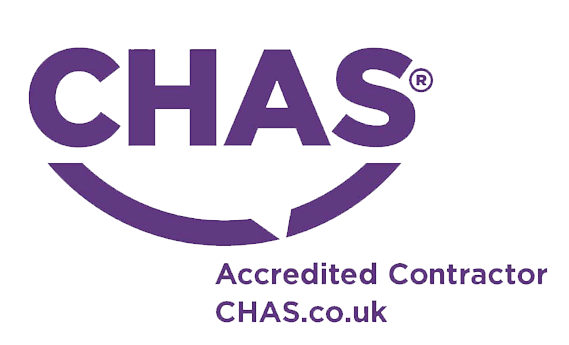
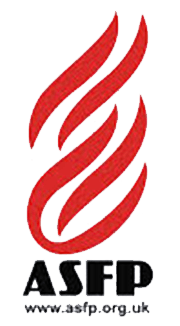
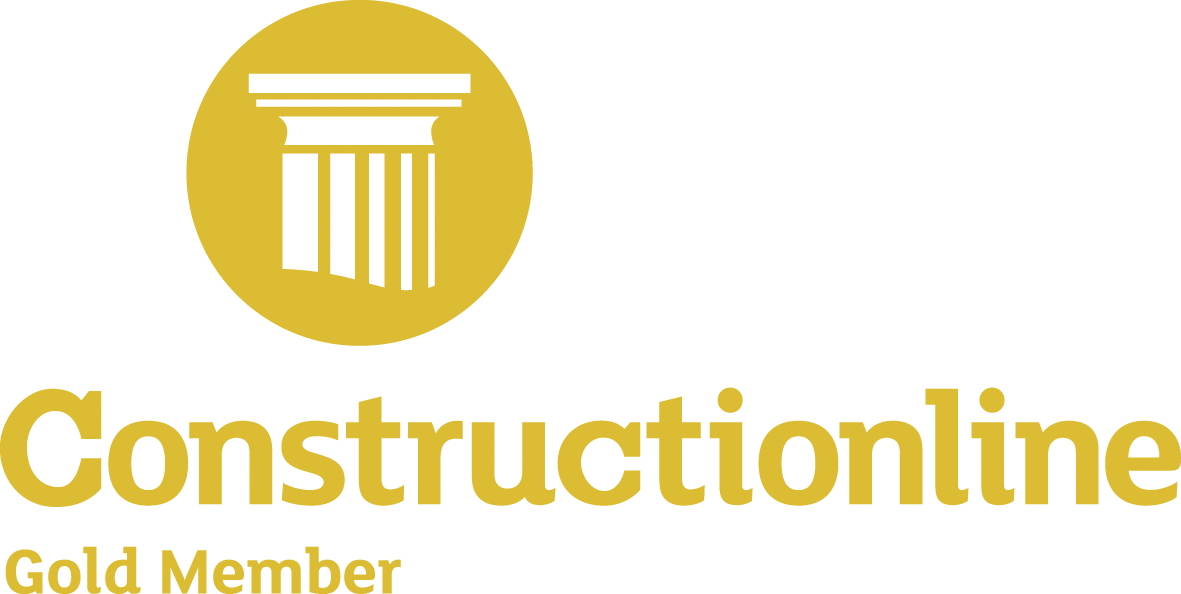
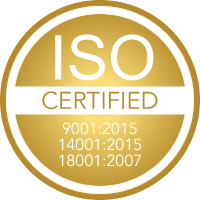

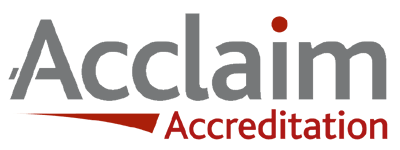

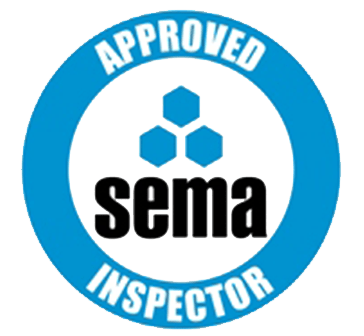

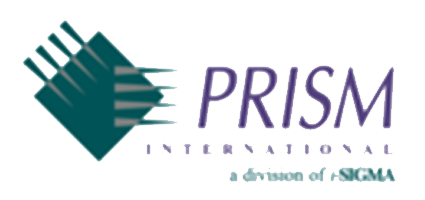

SpecUp - System Specification Wizard
Answer the 5 short questions below to receive your recommended Durasteel system specifications. Hover over the ? icons for a brief explanation.
Question 1/5
Type of system required?
Question 2/5
Fire rating required?
Question 3/5
Fire integrity-only or integrity and insulation?
Question 4/5
Fire attack risk from one side or both sides of the system?
Question 5/5
Blast rating required in addition to fire rating?
Creating your results page
Thanks for completing the SpecUp, you’ll be redirected to your results shortly.
Click here if you aren't redirected after a few secondsStart your project
Tell us about your project. Please complete this form. One of our sales team will come back to you with more details. If you prefer, you can drop us an email.
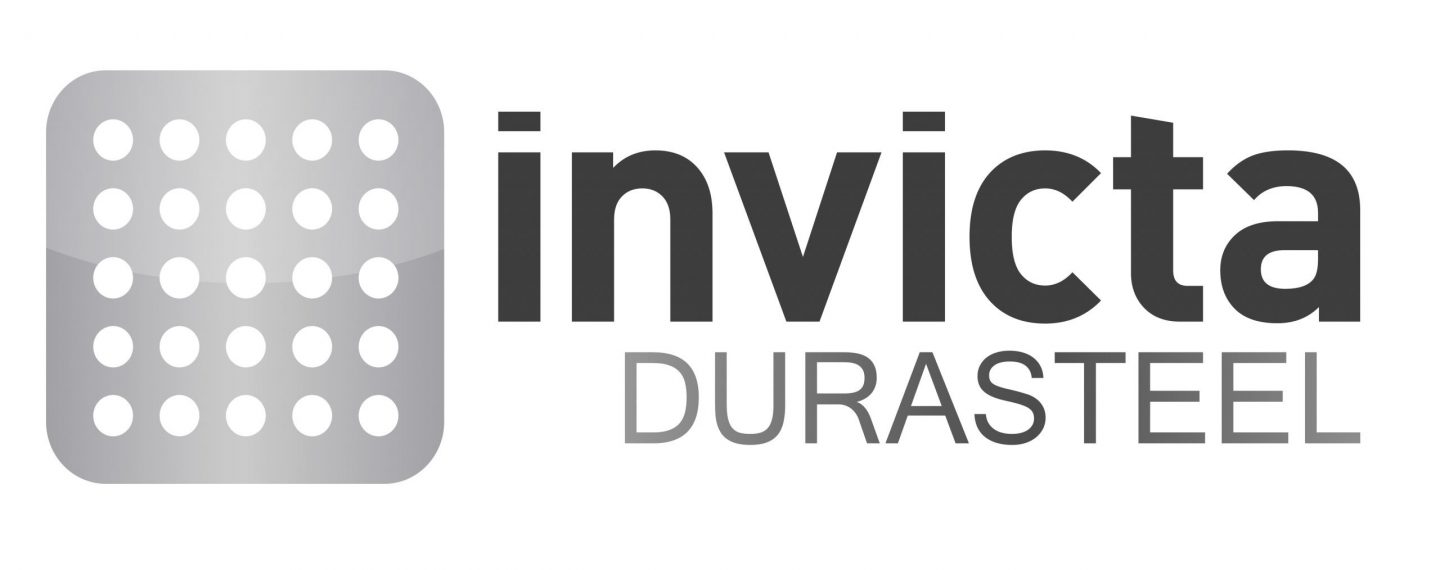

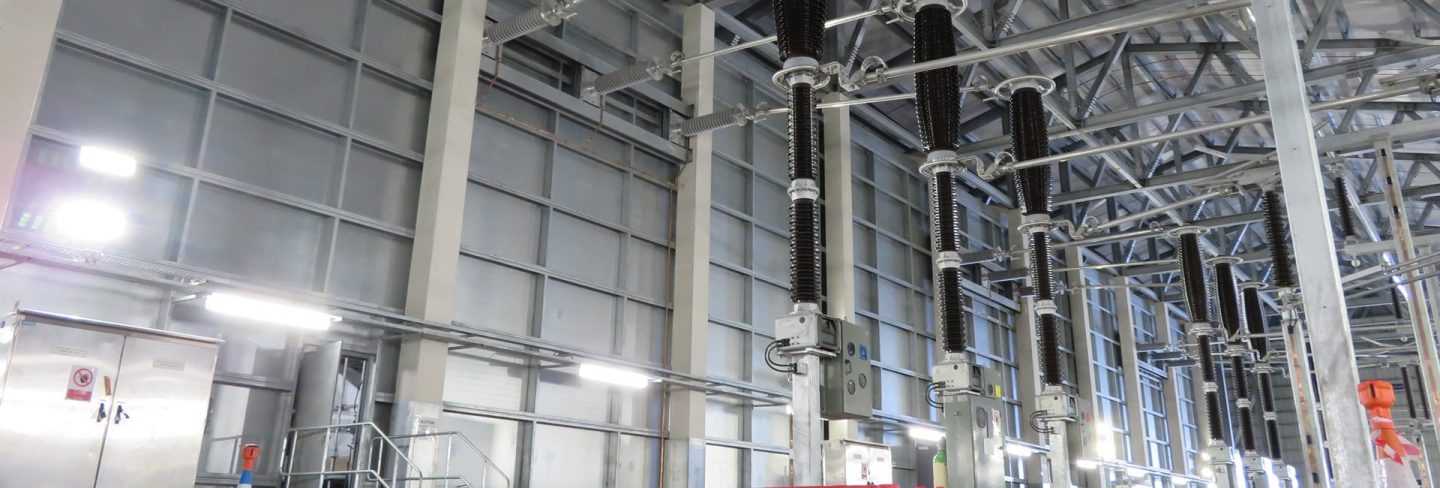
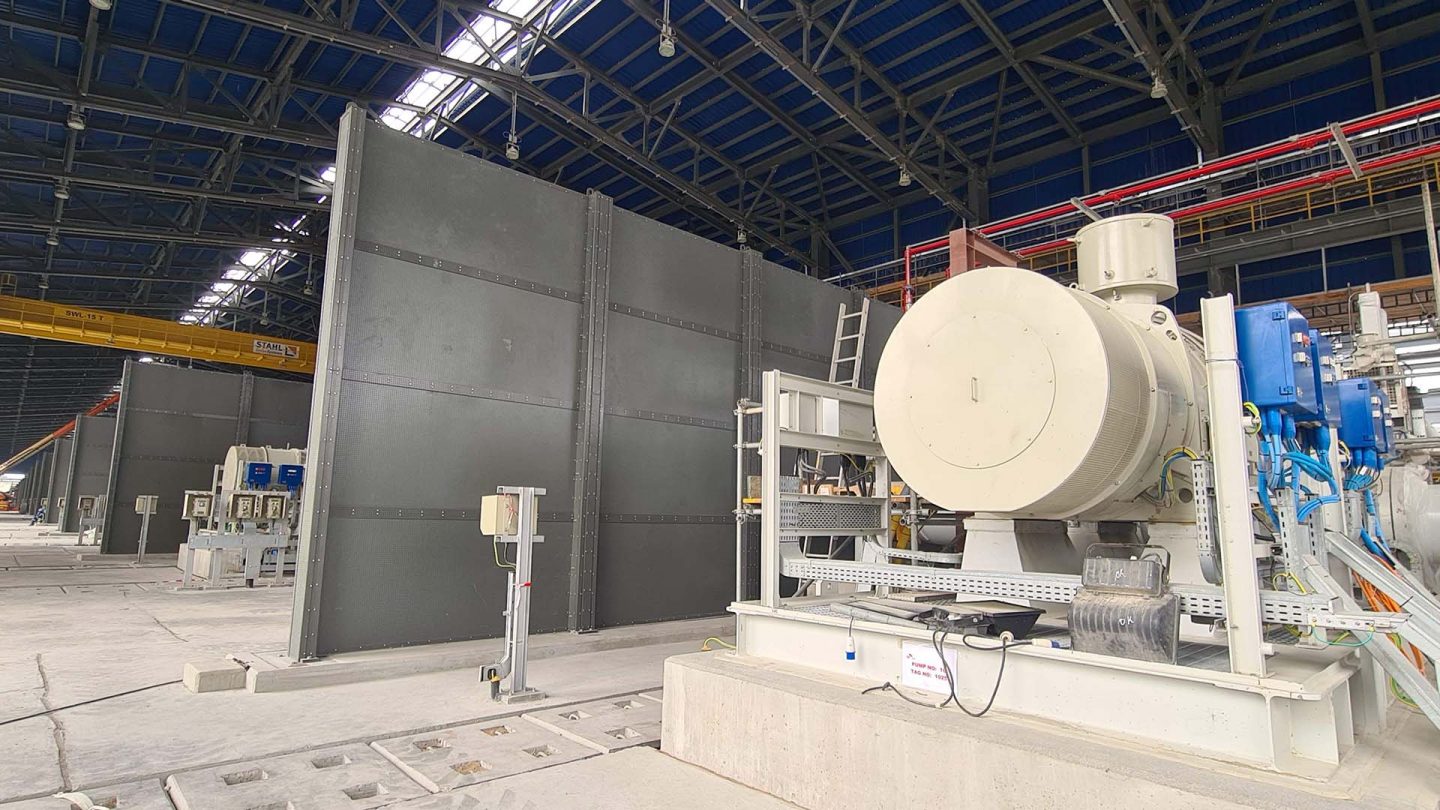
Share/Like this page